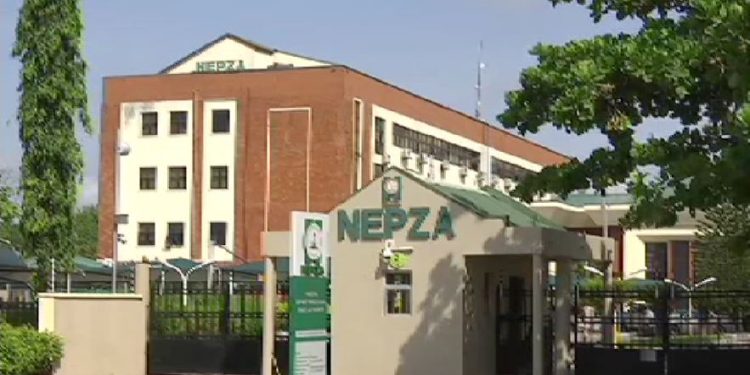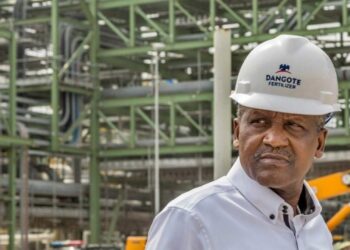The Nigeria Export Processing Zones Authority (NEPZA) says steps are being taken to resolve challenges of knowledge gap of the Free Trade Zones (FTZS) scheme by policymakers and stakeholders.
Prof. Adesoji Adesugba, the Managing Director and Chief Executive Officer of NEPZA said this on Sunday in Abuja in an interview with the news
Adesugba said it would also resolve the intra-agency lukewarm cooperation and non-existence of Offshore Banking System being faced by the authority.
“It is interesting to note that steps are being taken to resolve these challenges so as to free up the scheme for greater exploitation, being a veritable option for revenue generation for the government aside oil and gas,’’ he said.
He said it was evident that the authority’s consistent engagement with owners of zones, enterprises operating in the zones and its stakeholders had brought about the desired confidence of investors in the scheme much more than before.
He said it was able to achieve this through management’s open corporate governance system and with the establishment of three subsets.
The managing director listed the subsets as the NEPZA Alternative Dispute Resolution Centre (ADRC), Special Economic Zones Security (SEZs) and the Nigeria Economic Zones Association (NEZA).
According to him, these three-subsets have been deployed appropriately for the scheme’s sustainability.
On infrastructure development, Adesugba said some interventions were done, aimed at repositioning the status of our free zones for global competitiveness.
“We are aware of the inherent competitions posed by neigbouring countries and so the country has no options than to improve and build fresh infrastructure that can be used to attract investors,’’ he said.
He listed the interventions as Pre-built zone factory building and service plots, Pre-built zone warehouses for storage of raw materials and products and Efficient telecommunication facilities.
Others , he listed as a one-stop-shop administrative centre to handle all investors’ needs, training centres to cater for skills needs, among others and 25 Megawatts of electricity in the Calabar and Kano Free Trade Zones
He also included others as the Special Economic Zones Security (SEZSEC)/Police/DSS posts to provide adequate security in the zones and Construction of internal roads in Kano and Calabar FTZs.
Others are Construction of Investors Suites in Kano KFTZ, digitisation of NEPZA’s operation to enhance service delivery and Federal Government investment in improving outside infrastructure (Rail//Roads/Power).
He described Nigeria as the largest consumer market in Africa with more than 200 million inhabitants.
He said investors were taking advantage of this market while developing their export market.
“We definitely have an edge over our neigbours even as we continue to seek improved budgetary allocation to develop world facilities for the scheme to compete favourably.











